Shaping the future of Islamic Banking in Bangladesh: Insights from banking leaders
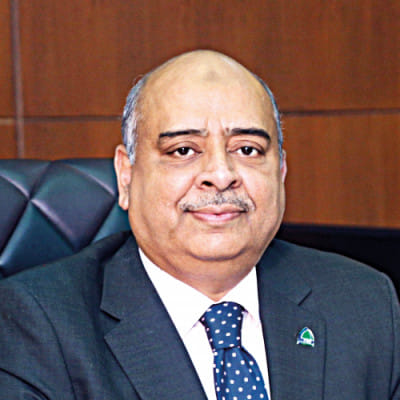
Syed Waseque Md. Ali
Managing Director,
First Security Islami Bank Ltd.
In the pursuit of providing modern technology and Islamic Shariah-based banking services to the masses in Bangladesh, First Security Islami Bank Ltd. offers a range of deposit accounts and schemes tailored to meet the needs of people from various walks of life. These include Al Wadiyah current account, Mudaraba savings account, Ankur and Alo for school-going students, Projonmo and Uddipon for college and university students, Mehonoti for working people, Shadesh for expatriates, Mahiyasi for women, Grihini for housewives, and deposit schemes Murobbi and Probin for senior citizens.
Although the Islamic banking industry in Bangladesh has achieved over 20% annual growth, there is still immense potential for further business expansion. Bangladesh, being a Muslim-majority country with a vibrant economy experiencing 6% real economic growth over the last decade, provides favorable conditions for the industry to thrive.
Incorporating the benefits of Islamic banking into our national educational curriculum can ensure its expansion to future generations. The concept of Islamic banking can also be promoted through financial inclusion initiatives set by the government and Bangladesh Bank.
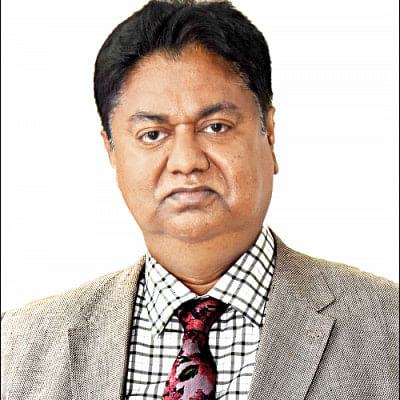
Mosleh Uddin Ahmed
Managing Director & CEO,
Shahjalal Islami Bank Ltd.
Shahjalal Islami Bank Limited (SJIBL) offers a range of deposit and investment products based on various Shariah principles and mechanisms such as Mudarabah, Musharakah, Murabahah, Bai Muajjal, Ijarah, HPSM, and Bai-Salam.
Due to the absence of an Islamic money market in Bangladesh, Islamic banks face challenges in investing their surplus funds to generate income since government treasury bills, approved securities, and Bangladesh Bank Bills in the country are interest-bearing.
The establishment of a regulatory authority with a robust legal framework is necessary, including separate laws for Islamic banks, appropriate licensing requirements, prudential regulations, minimum capital and liquidity standards, and methods for risk-weighted asset classifications.
Islamic banks in Bangladesh also face the issue of organizing their relationships with foreign banks and conducting international operations, which requires creating financial instruments that are consistent with Islamic principles and acceptable to interest-based banks, including foreign banks.
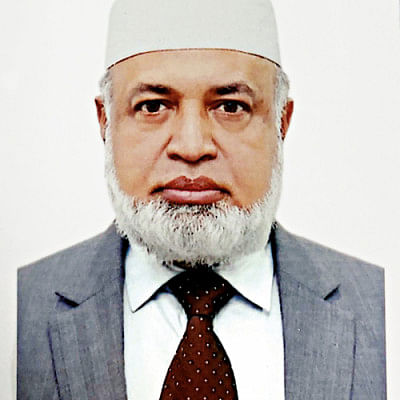
Md. Habibur Rahman
Managing Director & CEO,
Standard Bank Ltd.
Islamic banking activities have made significant progress in Bangladesh over the past few decades. However, there are still obstacles that hinder its growth and wider acceptance. Many people in Bangladesh lack awareness of the principles and benefits of Islamic banking. Extensive awareness campaigns and educational programs are needed to help individuals understand the concepts and advantages of Islamic banking.
The limited diversity in Islamic banking products poses challenges in attracting a broader customer base, especially those seeking specialized financial solutions. To address this, a comprehensive regulatory framework is essential to build trust and confidence among customers and investors.
Developing specialized training programs and attracting skilled professionals to work in Islamic banking institutions are crucial in overcoming these challenges. Islamic banks should seamlessly integrate with the existing conventional banking infrastructure to offer seamless services to customers. Ensuring interoperability and compatibility between Islamic and conventional banking systems is vital for effective promotion of Islamic banking in Bangladesh.

Adil Chowdhury
President & Managing Director
Bank Asia Ltd.
Bank Asia holds a significant position in the history of Islamic banking in Bangladesh for introducing a simple and appropriate Shariah-compliant profit-sharing module called the Income Sharing Ratio (ISR) to accurately calculate the profit rate each month. Our Islamic banking division ensures the highest level of Shariah compliance in all banking activities.
One of the major challenges faced by Islamic banking is the management of surplus funds, as there is no Islamic money market and limited number of Islamic instruments. The adverse economic conditions resulting from the impact of COVID-19 and the Ukraine war pose challenges in timely realization of investment dues. Adjusting deposit rates in line with increasing inflation rates is another challenge, as deposit rates are determined based on income/earnings.
To address these issues, the central bank should address concerns such as establishing an inter-bank money market for Islamic banks to facilitate the smooth management of surplus funds. Besides, the government should introduce more Islamic instruments like Sukuk Bonds to create alternative investment opportunities for the banks particularly Shariah based.
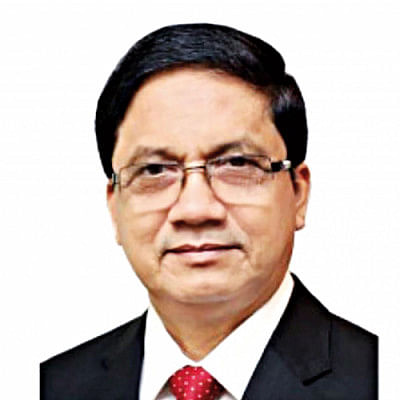
Mohammad Feroz Hossain
Managing Director & CEO,
Exim Bank Ltd.
Nowadays, Islamic banks offer a wide range of banking services that encompass various aspects such as deferred payment-based foreign trade, overnight call money services, wholesale subordinated bonds, and retail credit cards. These services are provided through Islamic modes that are primarily based on principles of buy-sale (bai), partnership (shirkah), renting (ijarah), and agency (wakalah).
The main challenges faced by Islamic banking in Bangladesh include the need for education among customers and bankers about this particular banking system. The government can play a crucial role in addressing these challenges by initiating or sponsoring comprehensive research projects and publications. Such efforts can help disseminate accurate knowledge and enhance confidence among people regarding Islamic banking as a holistic alternative to interest-based conventional banking.
It is important to recognize that Islamic banking contributes significantly, and in some cases exclusively, to the government's inclusive banking campaign by bringing unbanked individuals into the banking sector. Currently, Islamic banking commands approximately one-fourth of the total bank deposits in the country.
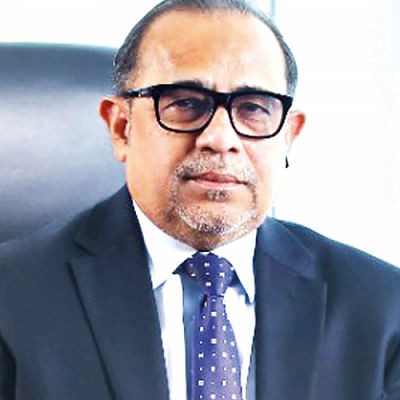
Syed Habib Hasnat
Managing Director,
Global Islami Bank
Global Islami Bank boasts a strong Shariah Board consisting of renowned Islamic scholars from the country. Firstly, we ensure that we explain the principles and concepts of Islamic banking to our customers, including profit-sharing (Mudarabah), cost-plus financing (Murabaha), and asset-based financing (Ijarah). We emphasize the significance of Sharia compliance in all our Islamic banking practices. Additionally, we have developed educational resources such as articles and FAQs to educate potential customers about the principles of Islamic banking and the benefits they can derive from our bank's services.
The government can play a supportive role in promoting Islamic banking by enacting laws that facilitate the establishment and operation of Islamic financial institutions. We anticipate legal frameworks that address Islamic contracts and financial transactions, taxation policies that treat Islamic financial products fairly, and mechanisms for resolving disputes specific to Islamic banking. We also encourage the government to foster collaboration between Islamic banks and conventional financial institutions, both domestically and internationally. Such partnerships, joint ventures, and cross-border cooperation can enhance the accessibility and availability of Islamic banking services.
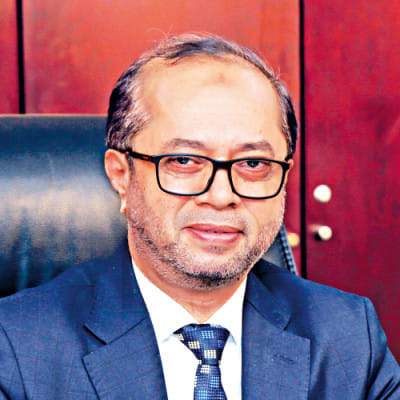
Mohammed Monirul Moula
Managing Director & CEO,
Islami Bank Bangladesh Ltd
Islami Bank Bangladesh Limited offers Shariah-based financial solutions to promote Islamic banking. We engage in real asset-based and real asset-backed investments, following a need-based approach to maximize welfare. We have also introduced a collateral-free microfinance program for marginalized individuals, which has now become the world's largest Islamic microfinance operation.
The major challenges faced by Islamic banking include a lack of skilled manpower in the field, the absence of a well-established research and development framework in the country, and a lack of Islamic banking literacy in society. Currently, Islamic banking in the country is governed by a 2009 guideline from the Central Bank, which is not aligned with the latest developments. Ensuring uniformity in Islamic banking practices is also necessary.
It is high time to enact a separate law for Islamic banking, considering the significant demand in the market. To meet this demand effectively, the Islamic banking curriculum should be incorporated at the university level. Practical aspects of Islamic banking should be emphasized alongside the theoretical framework.
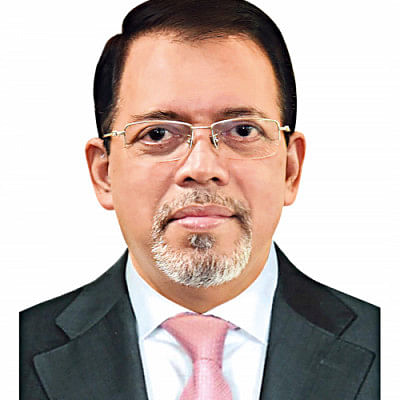
Farman R Chowdhury
Managing director & CEO, Al-Arafah Islami Bank Limited
Sharing of profit and loss and prohibition of collecting interest have been the two major pillars of the whole Islamic banking system. Presence of some 500 plus Shariah-based financial institutions in 76 countries not only justifies the above statement but also bears testimony to the fact that it is gaining popularity among the non-Muslim countries as well. Ever since the inception of the first Islamic bank in the 80s, Bangladesh has never looked back. Today, there exist as many as 10 full-fledged Islamic Banks in the country. Moreover, there are Islamic banking windows in almost all the banks. Despite all the growths, I think there are numerous challenges too. The shortage of skilled manpower with a deep understanding of Islamic tenets is the most significant of all. In spite of all the bottlenecks, I still believe Islamic Banking System is poised to play an increasingly important role in our economy and the world economy as a whole.

 For all latest news, follow The Daily Star's Google News channel.
For all latest news, follow The Daily Star's Google News channel. 


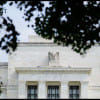

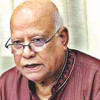



Comments